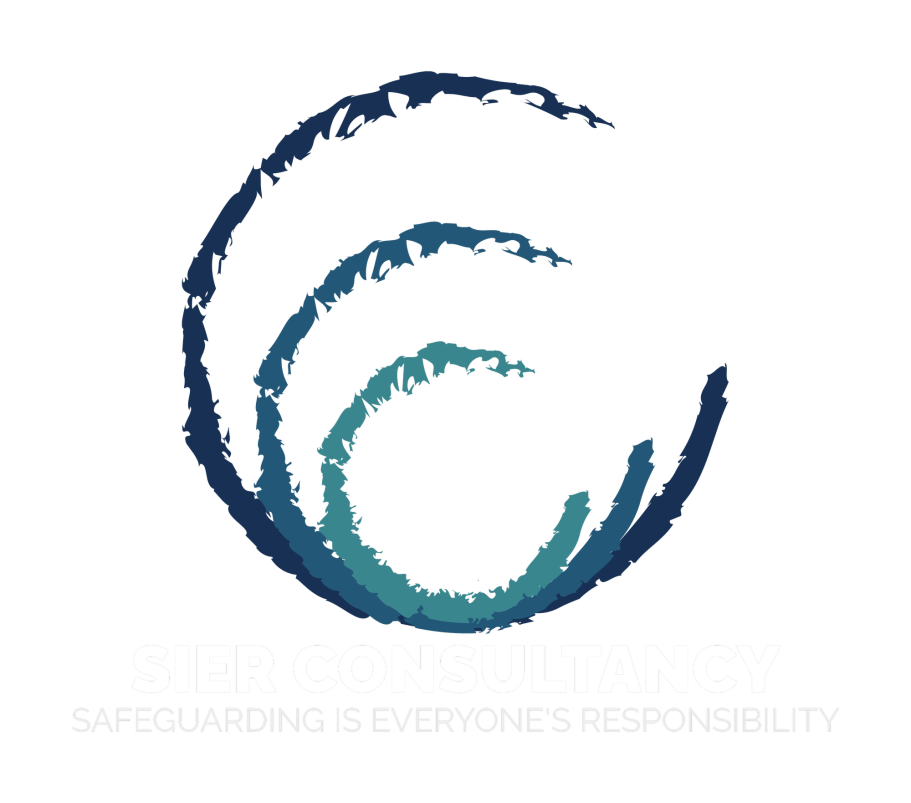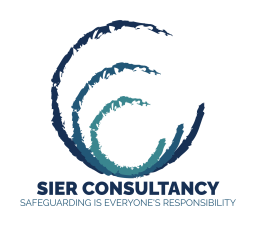Safeguarding Audits
Safeguarding audits are crucial tools for ensuring that organizations comply with legislation designed to protect vulnerable individuals from harm. These audits, available in both full and half-day formats, provide a thorough examination of an organization's policies, procedures, and practices related to safeguarding.
A full-day audit typically involves a comprehensive review, including interviews with staff, scrutiny of records, and observation of practices. This format allows auditors to delve deeply into the organization’s safeguarding framework, identify potential risks, and provide detailed recommendations for improvement.
In contrast, a half-day audit is a more focused review, suitable for smaller organisations or as a follow-up to previous audits. It offers a snapshot of the current safeguarding practices, ensuring that key standards are being maintained without the need for a full-day commitment.
The importance of safeguarding audits is underscored by legislative requirements. Laws such as the UK’s Children Act 1989 and 2004, and the Care Act 2014, mandate that organizations implement effective safeguarding measures. Compliance with these laws is not just about legal adherence but also about ensuring the safety and well-being of children and vulnerable adults. Audits help organizations identify gaps in their safeguarding processes, ensuring they meet legal obligations and adhere to best practices.
Moreover, safeguarding audits contribute to a culture of continuous improvement. Regular audits demonstrate a commitment to safeguarding, building trust with stakeholders, including clients, families, and regulatory bodies. They provide reassurance that the organization is proactive in protecting vulnerable individuals, thereby enhancing the organization's reputation and ensuring long-term compliance with safeguarding legislation.
In summary, safeguarding audits, whether full or half-day, are essential for verifying compliance with legislative requirements, identifying areas for improvement, and promoting a culture of safety and accountability within organizations.
We need your consent to load the translations
We use a third-party service to translate the website content that may collect data about your activity. Please review the details in the privacy policy and accept the service to view the translations.

